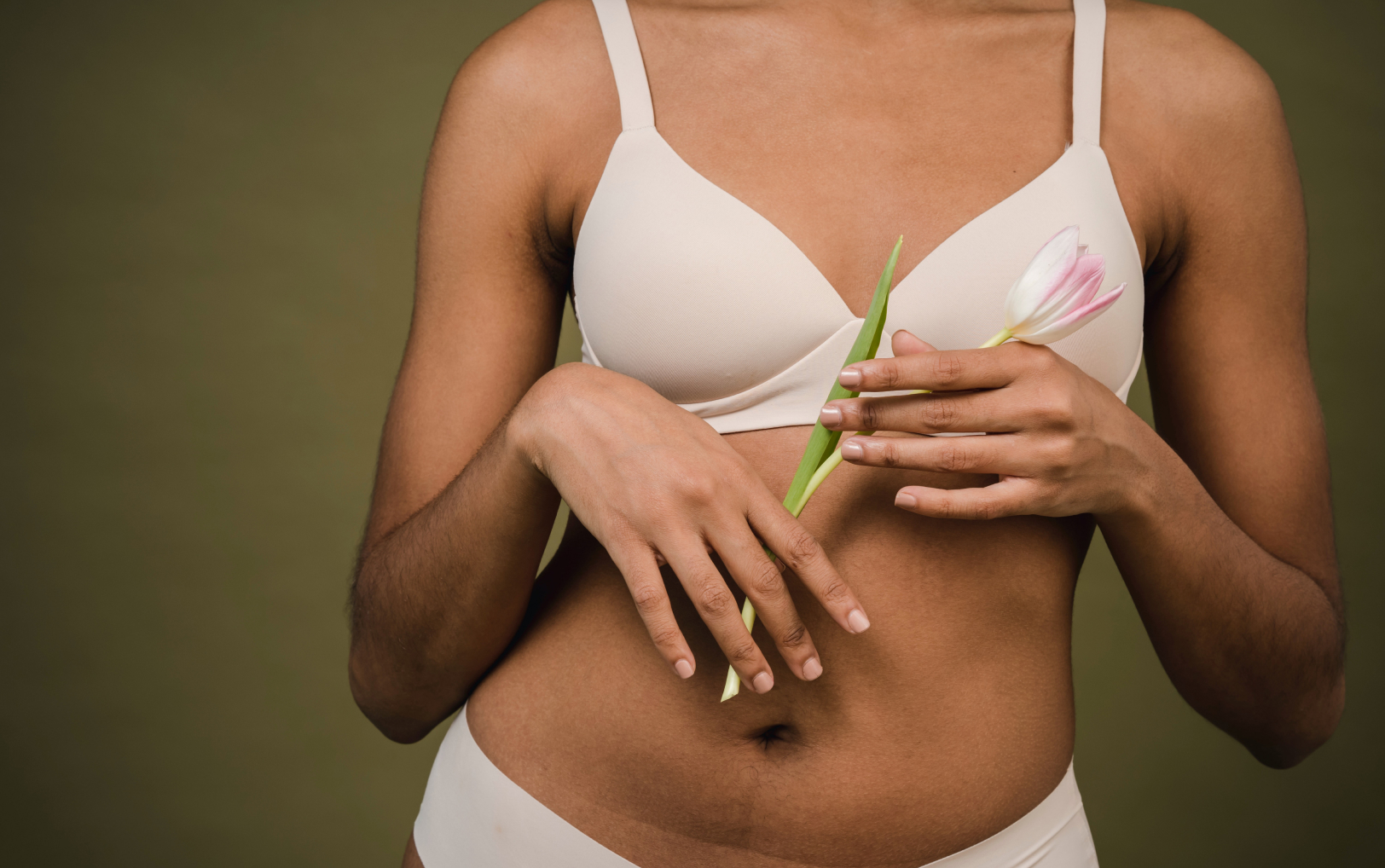nutrition
What are the Best Foods for Vaginal Health?
On This Page

Nutrition supports every cell in our body, including the ones below the belt. Here are the top foods you need to support your vaginal health.
A balanced diet quite literally affects every process inside our body, including the processes that support vaginal health. What we eat either protects our cells or harms them. We’re exploring what foods are beneficial for the vagina.
Why vaginal health is important
Vaginal health is an important part of every woman’s overall well-being – including, but not limited to, fertility and sexual desire.
The vagina is an outside line of communication for the body. It plays a key role in menstruation and childbirth. Furthermore, it is a self-cleaning organ that maintains healthy pH and bacteria. Proper pH balance can protect our body from bacterial and fungal infections.
Food types that are important for vaginal health
Since nutrition plays a significant role in protecting our systems, here are the top foods you should eat for optimal vaginal health. You’ll find that many of the food sources serve dual purposes and protect the body in many ways.
Probiotic-rich foods
A healthy vagina is full of bacteria.
Probiotics are live microorganisms that influence both the intestinal and vaginal microbiome. The right balance between good and bad bacteria is important for general health. Consuming probiotic-rich foods helps promote healthy bacteria. Probiotic-rich foods include:
- Yogurt
- Aged cheese
- Kimchi
- Kombucha
- Sauerkraut
- Miso
- Pickles
- Raw unfiltered apple cider vinegar
You can also find probiotics in supplement form. Probiotic supplements have been examined less in research, but are often an easy way to get these into the diet regularly.
Probiotics also need food to feed off of – this is where prebiotics come into play. Prebiotics are carbohydrates that microorganisms use as fuel. Prebiotics are in garlic, onion, leeks, and some fruit.
Vitamin C-rich foods
Vitamin C supports the body in many ways. This antioxidant supports cellular activity, boosts our immune system, and positively impacts vaginal pH levels.
High sources of vitamin C are:
- Red bell pepper: one-half cup provides more than 100% of the recommended Daily Value (DV).
- Orange: one navel orange provides 82 mg – over 90% DV.
- Broccoli: one cup cooked provides 69 mg or 77% DV.
- Strawberry: one-half cup provides 49mg or 54% DV.
- Tomato: one medium provides 17mg or 19% DV.
- Potato: one medium baked also provides 17mg.
Optimal pH levels in women of reproductive age range from 4.0 to 4.5, but the value may be slightly higher for those premenstrual and post-menopausal.
Vitamin D-rich foods
A 2019 review found that the use of vitamin D improved superficial epithelial vaginal cells. Adequate vitamin D levels can support hormones.
Vitamin D is also critical for bone health, mood regulation, and immunity. Vitamin D is present in a few foods, added to products, or is available as a dietary supplement. It is also produced and best absorbed with sunlight exposure.
The best food sources of vitamin D include:
- Cod liver oil: 1 tablespoon provides 34 mcg or 170% DV.
- Salmon: 3 ounces cooked provides 14 mcg or 71% DV.
- Fortified milk: 1 cup provides 3 mcg or 15% DV.
- Egg (found in the egg yolk): one egg provides 1.2 mcg or 6% DV.
Foods rich in fiber
As mentioned above, fiber-rich carbohydrates are a healthy food source for probiotics. A healthy pH is sustained by the balance of bacteria living inside the vagina. Probiotics feed well off fiber and prebiotics.
Three grams of fiber or more per serving is considered a good source. A general rule of thumb is to consume 24 to 28 grams of fiber daily. High-fiber foods include:
- Whole grains
- Fruits
- Vegetables
- Nuts and seeds
Other ways to nourish for vaginal health
Water
Drinking enough fluid hydrates every organ in our body. Just as water keeps our skin feeling refreshed, it will do the same for our vagina. Regular hydration can prevent dryness, itching, burning, and pain.
Cranberry juice
Cranberry juice is rich in antioxidants. Antioxidants help promote health and wellbeing. Adding cranberry juice to your diet can be beneficial for vaginal health. Since fruit juice contains plenty of natural sugar, when selecting cranberry juice, look for a juice with 100% juice and no added sugar.
Green tea
Green tea contains components called catechins. Catechins have been shown to promote urinary tract health.
Garlic
Garlic is a pantry staple for its pungent aromatic properties. We’ve also learned that it provides prebiotics to fuel good bacteria. This will help keep the pH balanced.
Onions
Onions are another aromatic plant that can be easily incorporated into one’s diet to reap the benefits for our gut and vagina.
Soy
Soy has been misunderstood for many years. Soy contains phytoestrogens that healthily support our hormones and keeps the vagina lubricated. Soy comes in many forms like tofu, tempeh, miso, and edamame.
Avocados
Avocados contain healthy fats that support brain function, cushion our organs, and regulate our hormones. Hormone imbalances can cause vaginal dryness. Dietary fat will keep things flowing and moisturized.
Foods to avoid for vaginal health
We want good bacteria to feed off nutrient-dense foods. A diet low in trans fat, sugar, and processed food intake can keep a healthy and safe environment.
Final takeaways
Your vagina does a pretty good job of protecting itself on its own. Staying hydrated, wearing cotton undergarments, and managing stress will complement its natural self-cleaning capabilities.
Nutrition is another component of sustaining good vaginal health. A healthy diet will maintain vaginal pH and enhance lubrication. It is reccomended to talk to your doctor before begining a new diet.



